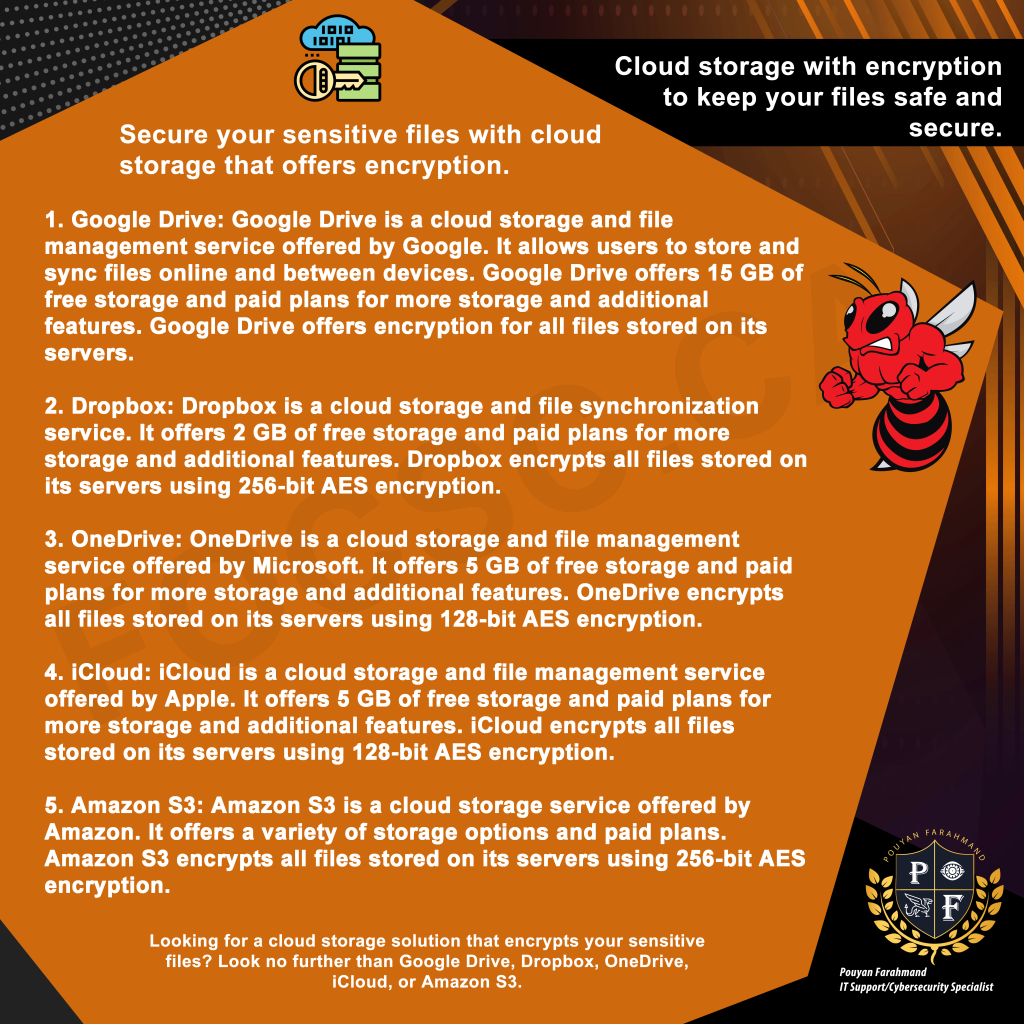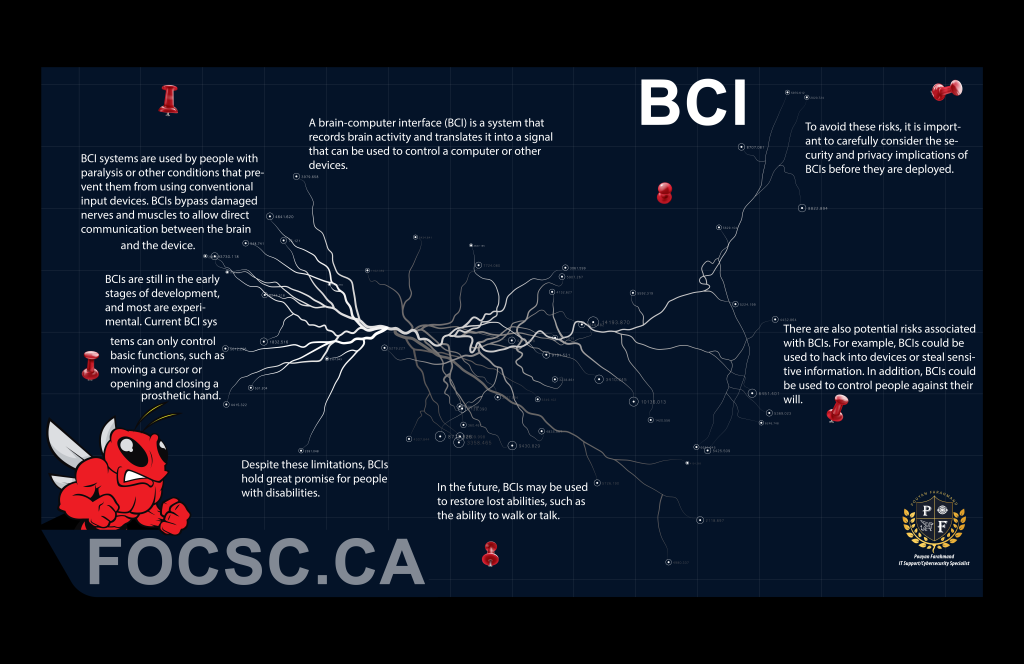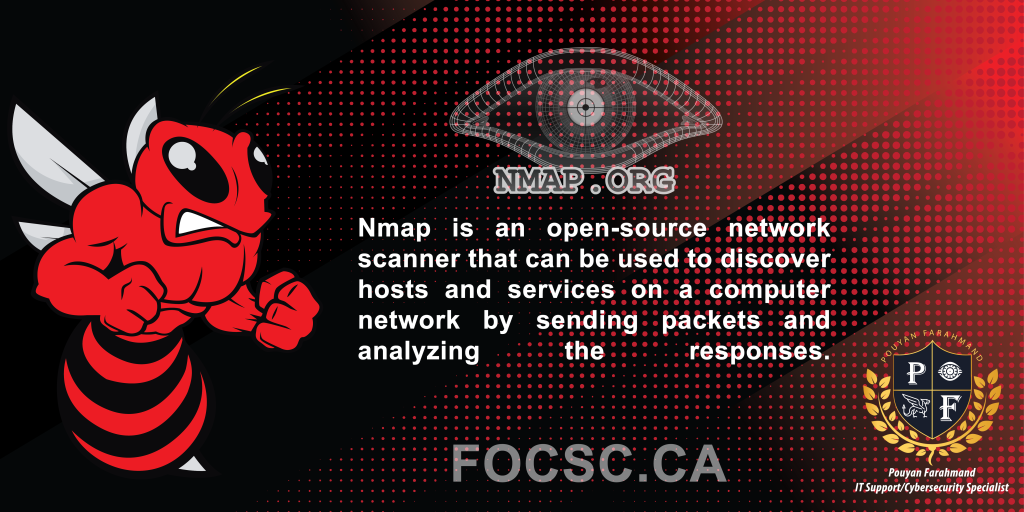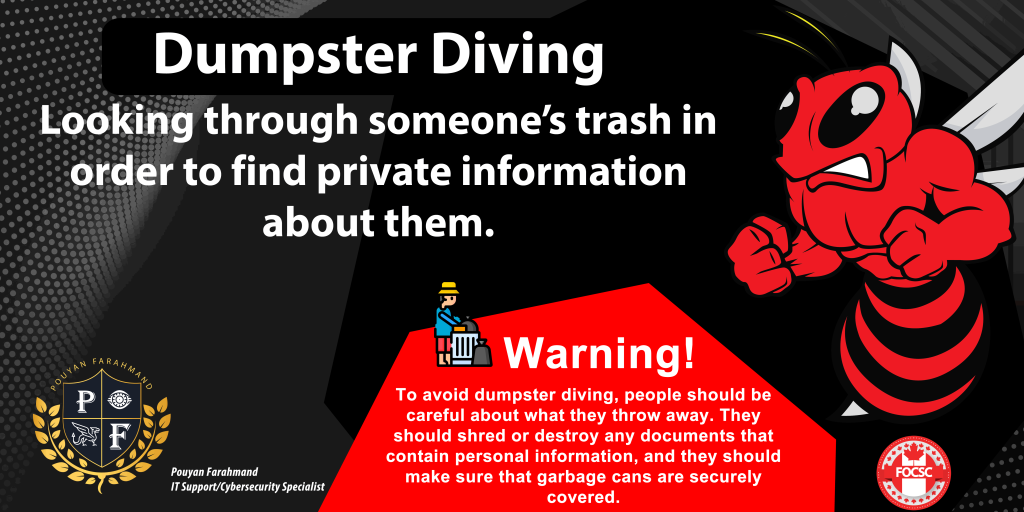AI: Humanity’s greatest ally or biggest threat?

AI: Humanity’s greatest ally or biggest threat? The speed of AI has been a topic of debate for some time now. There are those who believe that AI is incredibly fast and can process vast amounts of data in a short amount of time. However, there are also those who believe that AI is not as fast as it is claimed to be and that its speed is greatly exaggerated. Regardless of which side of the debate you fall on, there is no denying that AI is becoming increasingly fast. In fact, it is said that AI can now think and process information faster than a human can. This is why many experts believe that AI poses a danger to humans. AI is able to think and process information faster than a human can because it does not have to deal with the same limitations that we do. For example, AI does not get tired and it does not need to eat or sleep. Additionally, AI can store vast amounts of data in its memory. All of these factors combine to create a machine that can think and process information at an incredibly fast pace. This poses a danger to humans because it means that AI could soon surpass us in intelligence. Additionally, AI could also be used to make decisions that could have a negative impact on humanity as a whole. So how can we avoid these dangers? One way is to ensure that AI is properly regulated. This means creating rules and guidelines that AI must follow. Additionally, we need to make sure that AI is used for the benefit of humanity and not for harm. Benefits of AI Despite the dangers that AI poses, there are also many benefits to having AI in our lives. For example, AI can help us to automate tasks that are tedious or time-consuming. Additionally, AI can help us to make better decisions by providing us with more accurate information. AI can also help us to solve problems that are too difficult for humans to solve on their own. For example, AI could be used to find a cure for cancer or to develop new energy sources. Overall, AI has the potential to improve our lives in a number of ways. However, it is important to remember that AI also poses a danger to humanity. This is why it is so important to ensure that AI is properly regulated. How to Regulate AI As mentioned above, one way to avoid the dangers of AI is to ensure that it is properly regulated. But how can we do this? One way to regulate AI is to create rules and guidelines that it must follow. For example, we could create rules that prevent AI from being used to harm humans. Additionally, we could create rules that require AI to be transparent in its decision-making process. Another way to regulate AI is to limit its access to certain information. For example, we could prevent AI from having access to sensitive data such as our medical records. Ultimately, it is up to us to decide how to best regulate AI. However, it is important to remember that AI poses a danger to humanity and that we need to be careful in how we use it.
Best Cloud Storage Services with Encryption

Best Cloud Storage Services with Encryption Secure your sensitive files with cloud storage that offers encryption. 1. Google Drive: Google Drive is a cloud storage and file management service offered by Google. It allows users to store and sync files online and between devices. Google Drive offers 15 GB of free storage and paid plans for more storage and additional features. Google Drive offers encryption for all files stored on its servers. 2. Dropbox: Dropbox is a cloud storage and file synchronization service. It offers 2 GB of free storage and paid plans for more storage and additional features. Dropbox encrypts all files stored on its servers using 256-bit AES encryption. 3. OneDrive: OneDrive is a cloud storage and file management service offered by Microsoft. It offers 5 GB of free storage and paid plans for more storage and additional features. OneDrive encrypts all files stored on its servers using 128-bit AES encryption. 4. iCloud: iCloud is a cloud storage and file management service offered by Apple. It offers 5 GB of free storage and paid plans for more storage and additional features. iCloud encrypts all files stored on its servers using 128-bit AES encryption. 5. Amazon S3: Amazon S3 is a cloud storage service offered by Amazon. It offers a variety of storage options and paid plans. Amazon S3 encrypts all files stored on its servers using 256-bit AES encryption. Looking for a cloud storage solution that encrypts your sensitive files? Look no further than Google Drive, Dropbox, OneDrive, iCloud, or Amazon S3.
A brain-computer interface (BCI)

A brain-computer interface (BCI) A brain-computer interface (BCI) is a system that records brain activity and translates it into a signal that can be used to control a computer or other devices. BCI systems are used by people with paralysis or other conditions that prevent them from using conventional input devices. BCIs bypass damaged nerves and muscles to allow direct communication between the brain and the device. BCIs are still in the early stages of development, and most are experimental. Current BCI systems can only control basic functions, such as moving a cursor or opening and closing a prosthetic hand. Despite these limitations, BCIs hold great promise for people with disabilities. In the future, BCIs may be used to restore lost abilities, such as the ability to walk or talk. There are also potential risks associated with BCIs. For example, BCIs could be used to hack into devices or steal sensitive information. In addition, BCIs could be used to control people against their will. To avoid these risks, it is important to carefully consider the security and privacy implications of BCIs before they are deployed.
Nmap

Nmap Nmap is an open-source network scanner that can be used to discover hosts and services on a computer network by sending packets and analyzing the responses. Learn Nmap Basics – How to Scan a Network & Detect Security Vulnerabilities
Dnsenum

Dnsenum Dnsenum is a utility that can be used for DNS enumeration in order to locate all DNS servers and DNS entries for a given organization. This can be helpful in order to find all potential targets for an attack.
Theharvester

Theharvester Theharvester is a python script that can be used to gather emails, subdomains, hosts, employee names, open ports, and banners from different public sources, such as search engines, PGP key servers, and the SHODAN database.
Sn1per

Sn1per Sn1per is a scanner that can be used to automatically find and scan for vulnerabilities during a penetration test. This makes it easier to find and fix potential security issues on a network.
Rubber Hose Attack

Rubber Hose Attack The rubber hose attack is a type of password cracking where the attacker tries to get the password from the victim by threatening or causing them physical harm. Warning! If you are being threatened or attacked, try to stay calm and remember that giving in to the attacker will not guarantee your safety
Dumpster Diving

Dumpster Diving Looking through someone’s trash in order to find private information about them. Warning! To avoid dumpster diving, people should be careful about what they throw away. They should shred or destroy any documents that contain personal information, and they should make sure that garbage cans are securely covered.
Smishing

Smishing Smishing is a type of phishing attack that uses text messages (SMS) instead of emails to try and trick people into giving away personal information or clicking on malicious links. Warning! Be suspicious of any text message that asks you for personal information or to click on a link, even if it appears to be from a legitimate source. If you’re not sure, you can always call the company or organization directly to verify the message.
